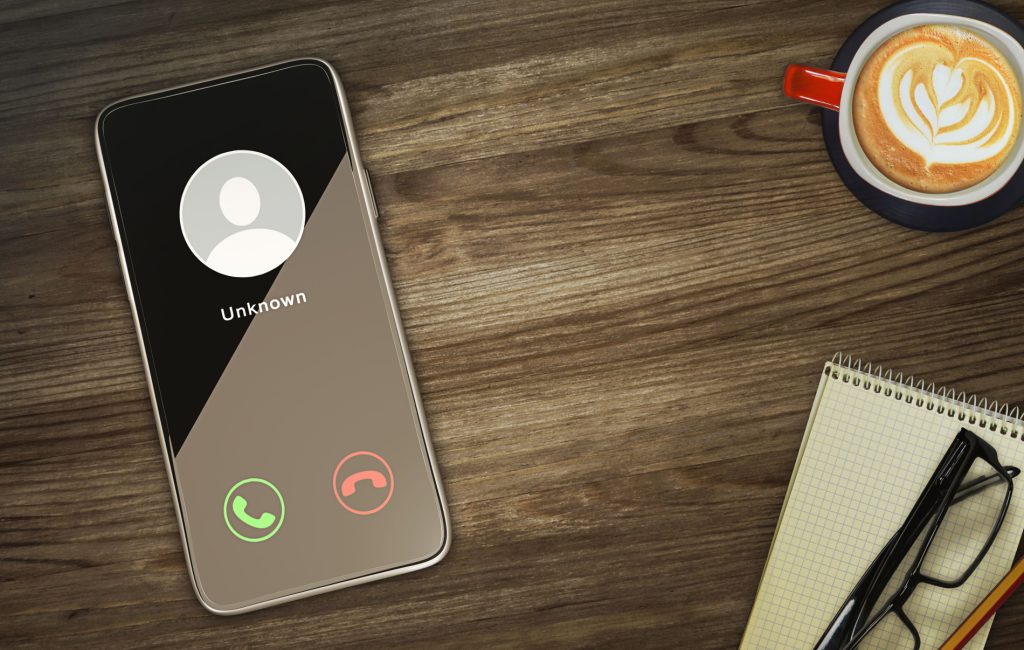The case for NOT working from home.
I’m here to offer a different perspective and challenge the assumption that if you don’t like working from home you must have a prehistoric view about the modern workplace.
I am writing this while at home, seated at my dining table in the middle of a normal workday. I am working from home because the office is getting new carpet laid and new workstations installed. When I say I’m working from home, I’m loosely defining my day as work. To be fair, though tempted, I’m not sitting on my sofa with Netflix on in the background, I’m powering through emails and reading resumes, but I’m also making lots of cups of tea, I’ve got tonight’s pasta bake in the oven and the washing machine has just beeped, sounding the end of my second load of washing.
Much like a bowerbird, I am easily distracted by shiny objects and bright colours, forgetting what I was doing in pursuit of something new and more interesting.
Which is why I am not a role model for working from home.
Before you denounce me as an employer who doesn’t trust her employers and for being unprogressive, (according to LinkedIn and all other social media platforms if you don’t advocate for working from home it is because you have trust issues) we do have staff who have hybrid work arrangements in place, and it works perfectly well for them and for us. It is just that every time I see a comment on LinkedIn about employers who don’t offer any remote working opportunities, they immediately face cancelling of the corporate kind. Tarnished with the opinion that non-working from home must equate to outdated views and micromanagement.
So in the interest of balancing the commentary and dispelling the negative narrative around the ‘no working from home’ scenario, I’m here to offer a different perspective and challenge the assumption that if you don’t like working from home you must have a prehistoric view about the modern workplace.
One of the things I have struggled with about the commentary around working from home is the ‘one sized fits’ all approach. The expectation is that if you work in an office and use a computer you are granted an automatic qualification to be able to work from home. Being a ‘full time in the office’ worker feels like I am in the minority and by not embracing it an anomaly. I readily accept that for many, remote working has been profoundly beneficial but when I have suggested otherwise and described my own experience I am viewed with suspicion. I think the blanket approach is unhelpful because the reality is more complex – it depends on the role, the sector, the person and God forbid, the needs of the business.
A post on LinkedIn last week stated that ‘employers are ignorant and naïve to think that it’s okay to ask people to come back into the office’ and my first thought was that this comment was ignorant and naïve. Remote working has become very one sided and does not take into consideration that some employers see value in face to face connections.
In my work, meeting people in person is essential to building trust and establishing a strong rapport. Technology would allow me to do many aspects of my role remotely, I could interview candidates and work with clients via the beauty that is Teams but just because it’s possible, doesn’t mean it should be done.
My view is simple, recruiting via online technology dilutes the process and although the consequences may not be immediate, there is a possibility that we will face them in the future. It is easy to connect with others remotely but doing so does not replace the benefits of meeting someone in person, I simply don’t do my best work remotely and I would argue that there would be others in the same position, they are just not prepared to admit it. I fully accept that working from home is a glorious arrangement for many people and to each their own, but as a member of the non ‘work from home’ brigade, I hereby declare I am not the enemy.
Though I am completely comfortable when I have staff working from home, I absolutely prefer it when they are in the office and trust has nothing to do with it. Not being surrounded by my team means I lose the ability to know how they are feeling. I know they are working; I know they are productive, but their work and their productivity isn’t the only thing that matters. As a member of a small and tight-knit team, the incidental conversations we have during the day are often the very same discussions where the magic of what we do happens. I would much rather be distracted by a colleague than be distracted by my laundry basket.
The challenge that I have is that this view is considered to be unworthy and not realistic. I have long advocated for my candidates (and my employees) to be working in environments that are positive, healthy, flexible and sustainable.
As I write this I have one consultant I think at a physio appointment but for all I know (and care) she could be getting her nails done. Our team can work their schedule according to what they need to do so a non-hybrid approach does not equal zero flexibility. I know of many clients and employers who are frustrated by missing out on good candidates because they either don’t have the resources to offer hybrid, or it does not suit their business.
These are companies that have tremendous cultures and do great work, and from where I am sitting candidates are genuinely missing out on some great opportunities because the first question asked at interview is “Can I work remotely?”
I don’t dispute that working from home has been, for many, transformative and impactful, I have seen this with my own colleagues. I think it is important though to give levelness to the narrative, and that is not all organisations can facilitate remote working and these organisations need not be dismissed or deemed unprogressive simply because they want a presence in the office.









